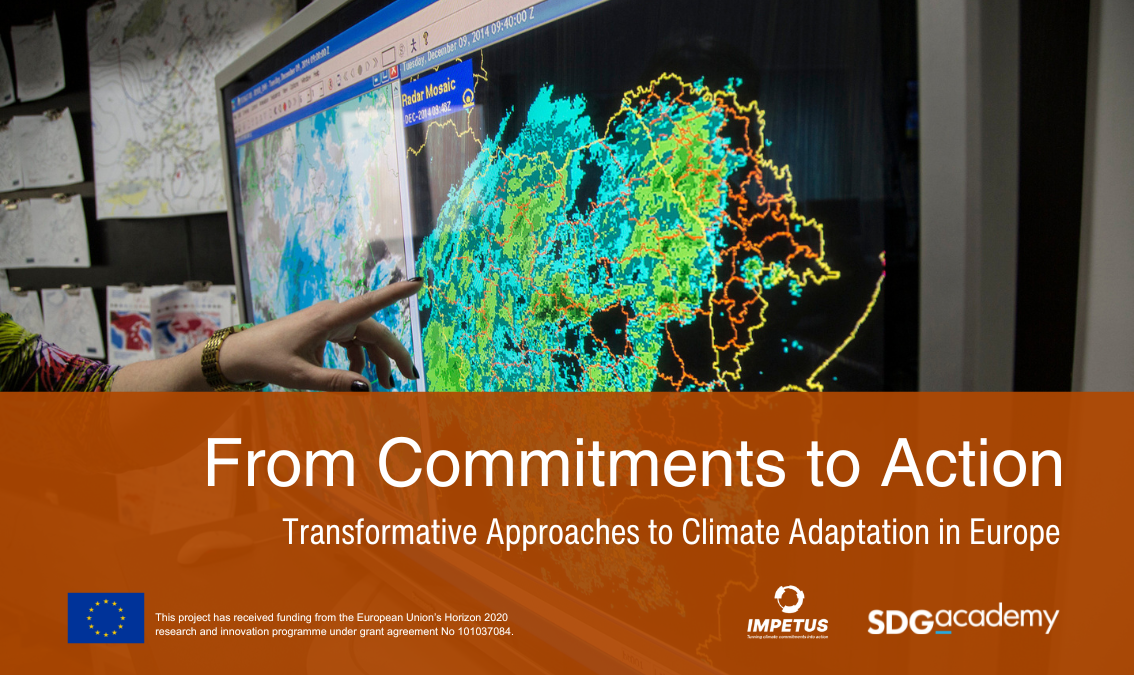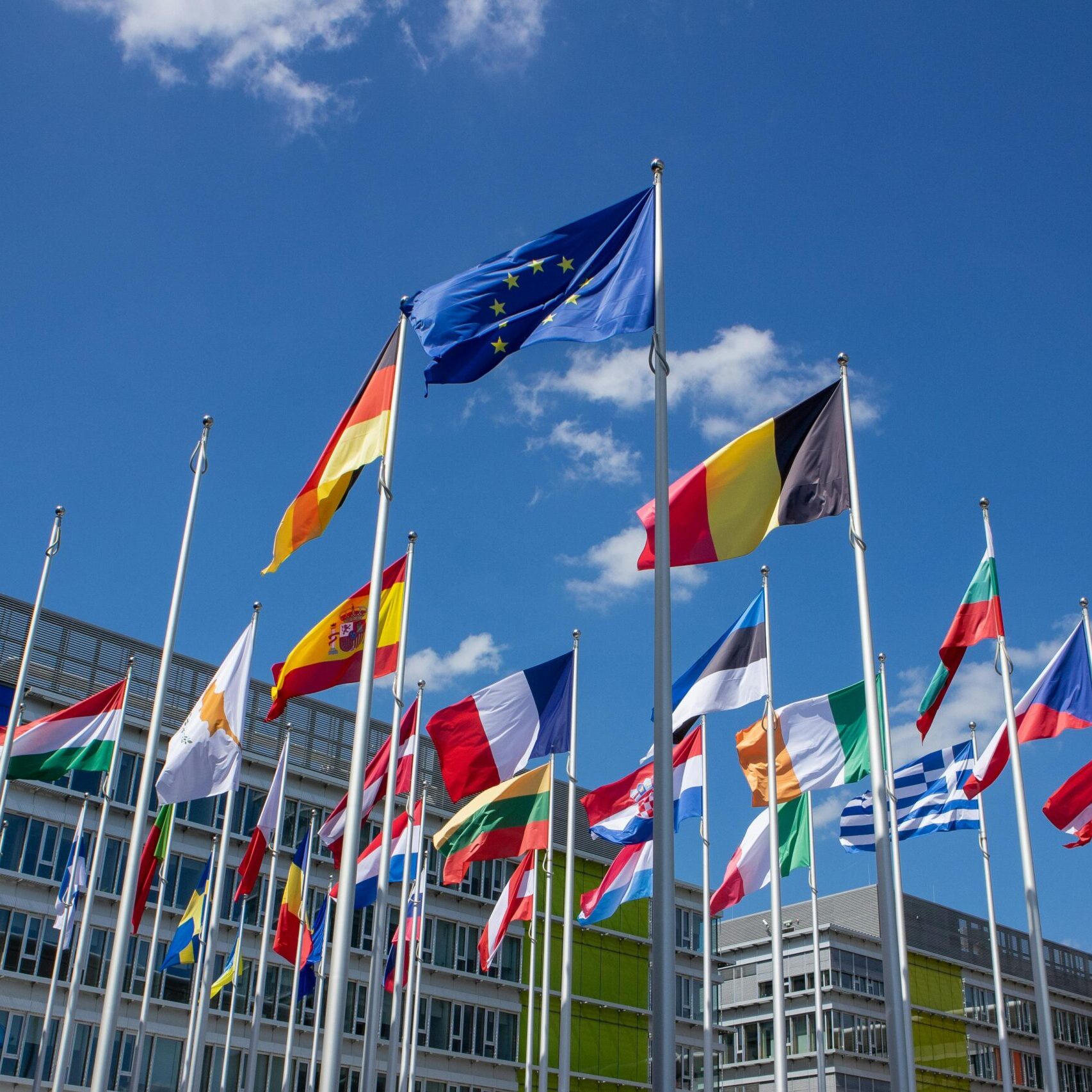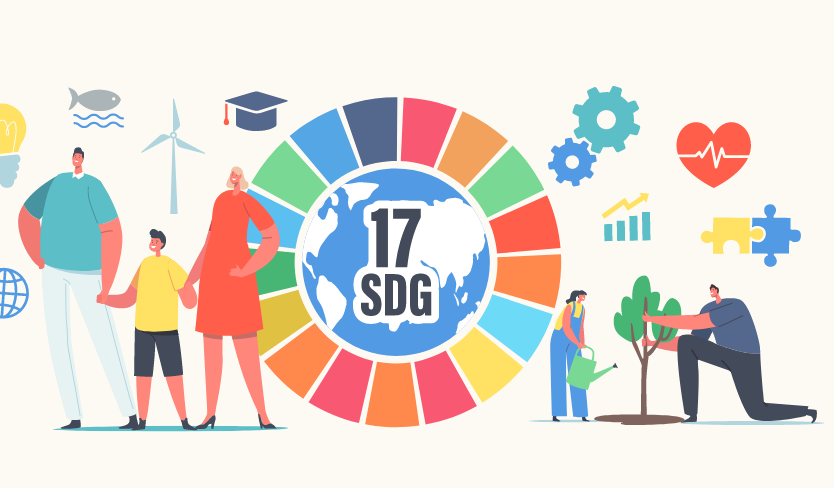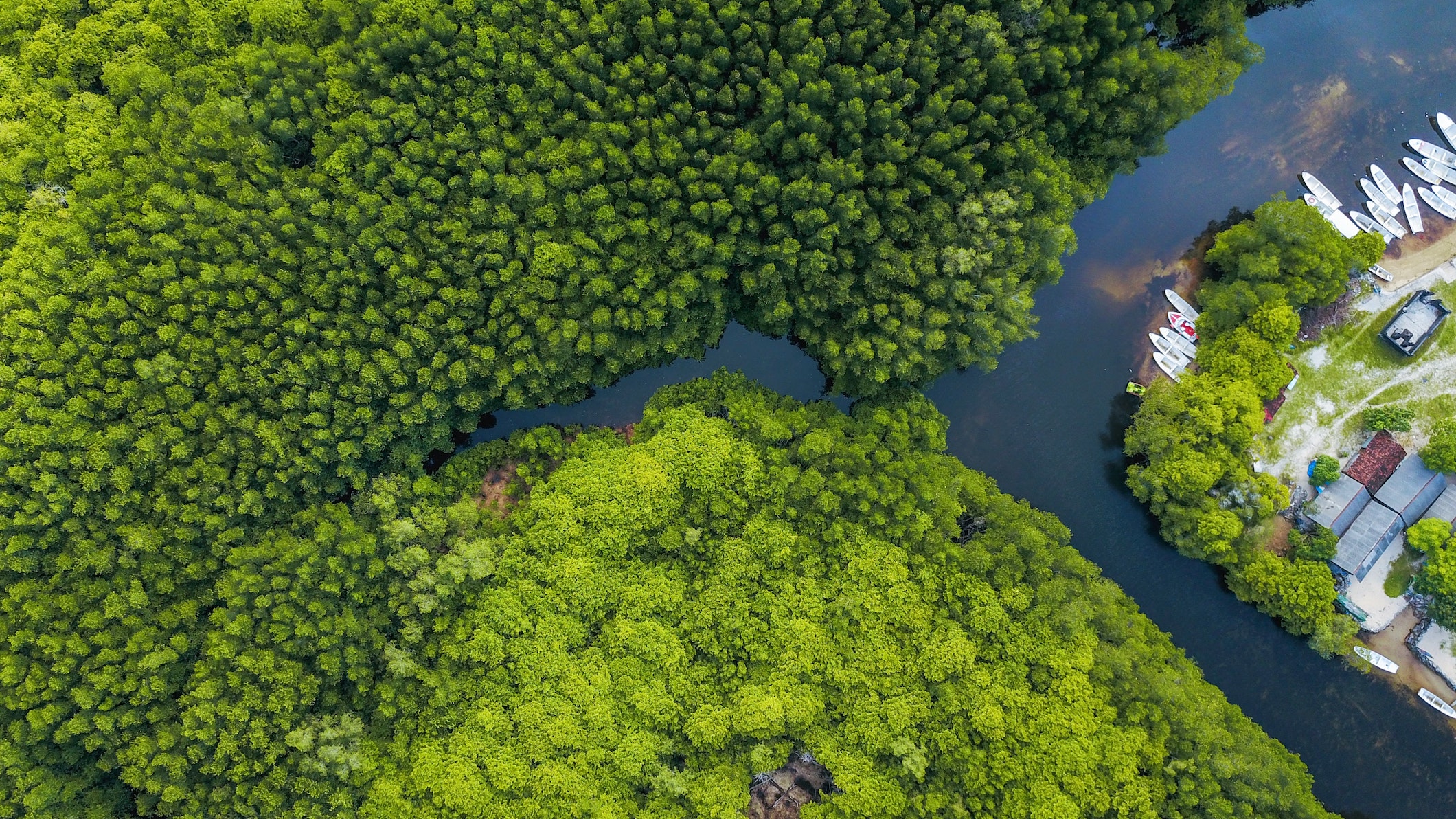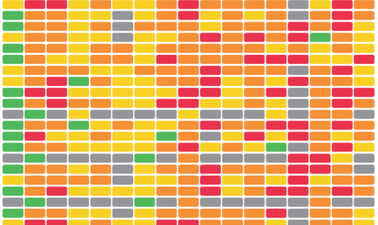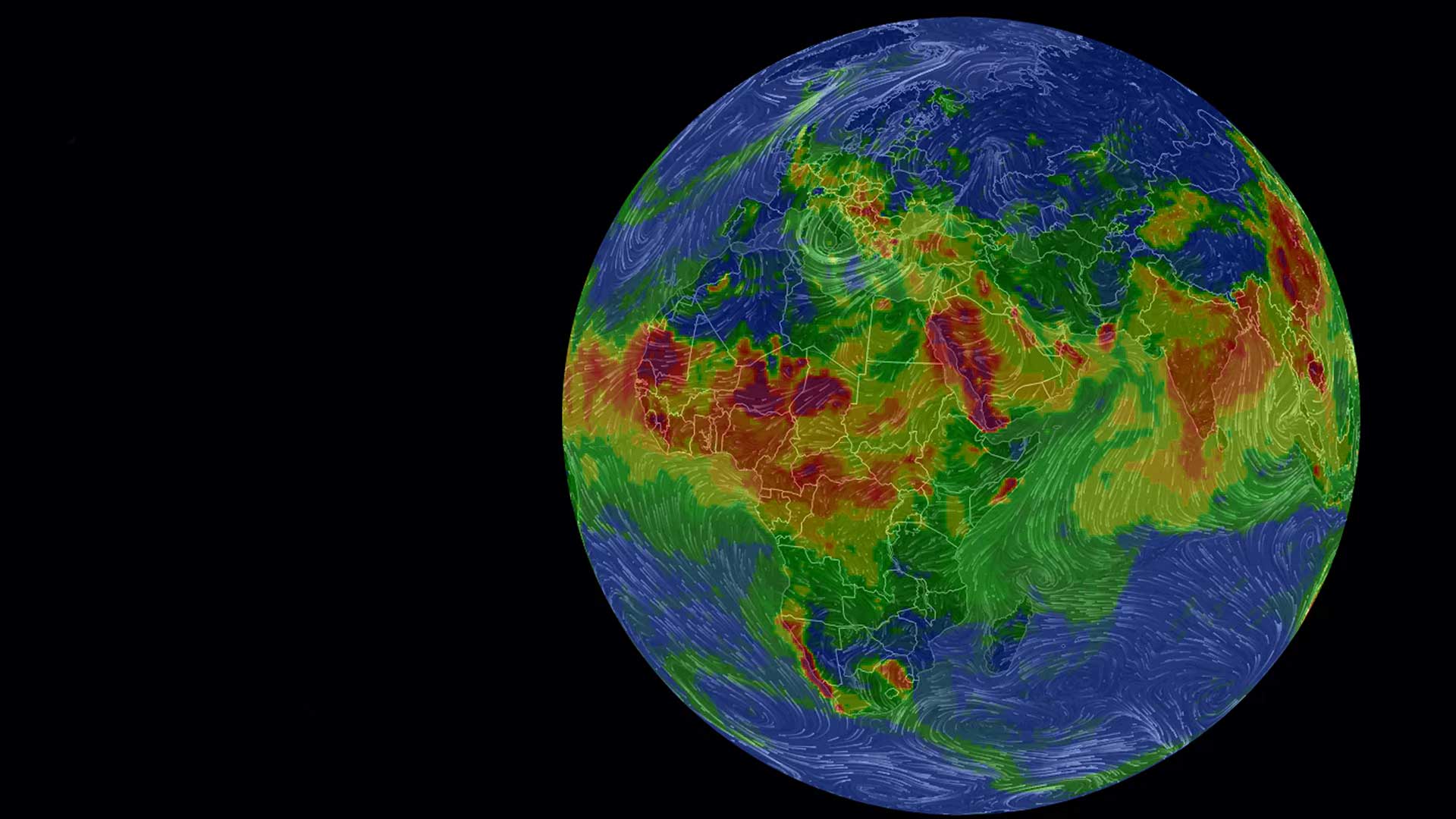As a response to the unavoidable impacts of climate change and to become climate resilient by 2050, the European Union adopted its new EU strategy on adaptation to climate change on 24 February 2021. The principal objectives of the Strategy are to achieve smarter, swifter and more systemic adaptation, and to step up international action on climate change adaptation. The Strategy is part of the broader set of policy initiatives, the European Green Deal, which aims to make the EU the first climate-neutral continent by 2050. The related initiatives in Europe, such as the IMPETUS project, may provide inspiration for other countries in designing their pathways to resilience.
This course presents an overview of the pertinent topics in climate change, with a focus on the innovative approaches to climate adaptation in Europe. It introduces the learners to the basics of climate change science and the multifaceted challenges posed by it. It presents the implementation of the Paris Agreement. The course also examines a broad spectrum of climate sustainability concerns and needs, related to the integration of science-based modelling for developing holistic pathways for both mitigation and adaptation pathways. It explores the development of the necessary socio-economic narrative for the just and equitable implementation of those pathways, as well as the development and implementation of relevant valuation and financial instruments. It also outlays the contribution of data and digital technologies to the net zero transformation. Finally, this course concludes with a look at innovative solutions to address climate change at local and regional levels.
Learners will develop a thorough understanding of the impacts of climate change and the complexities of climate change adaptation. They will examine the synergies and tradeoffs between climate change adaptation and biodiversity protection, water management or social marginalisation. They will learn about adaptation solutions developed at the local and regional level in Europe and will analyse the potential for replicability of such solutions in different contexts, including outside Europe.
The course aims at engaging a broad audience and making them familiar with potential roles of different public and private actors at both local, regional, and national levels in tackling climate adaptation challenges. By the end of the course, a student will be able to understand and explain the complexities of innovative climate adaptation solutions and their relevance for the achievement of the goals of the Paris Agreement.
